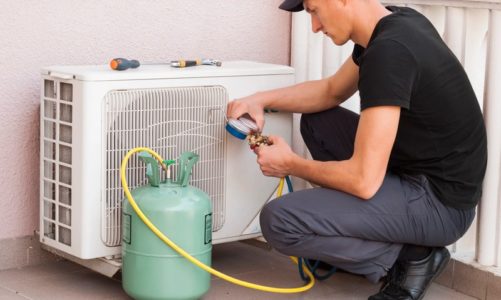The appeal of sun-drenched landscapes and glistening clean waters often takes center stage when it comes to inground pools. But underneath the surface, one essential component quietly guarantees the durability, performance, and security of these water havens: appropriate drainage. Effective drainage systems are essential for preventing water damage and maintaining structural integrity. Their importance cannot be emphasized enough. Let’s examine the reasons why adequate drainage is essential to the wellbeing and vibrancy of affordable inground pool.
How the Best Drainage Works
First and foremost, adequate drainage prevents water buildup, which is a typical worry among pool owners. Rain, runoff, and splashes from pool activities may flood the surrounding region if proper drainage mechanisms aren’t in place, which can cause erosion, floods, and saturated soil. In addition to endangering the beauty of the surrounding landscaping, this excessive wetness increases the possibility of structural damage to the pool. Appropriate drainage avoids these problems by diverting water away from the pool and the area around it, protecting the ecosystem and pool structure.
Water Purity Solutions
Efficient drainage is essential to preserving the pool’s water’s purity and quality. Swimming participants’ health and safety are at risk because stagnant water serves as a haven for bacteria, algae, and other dangerous diseases. In order to avoid stagnation and to promote the best possible water circulation and filtration, proper drainage makes it easier to remove surface detritus, precipitation, and extra pool water. Pool owners may now take pleasure in clean, sparkly water that entices swimmers with its purity and clarity.
Less Worry for groundwater Penetration
Adequate drainage reduces the possibility of groundwater penetration, which may have disastrous effects on inground swimming pools. Groundwater pressure may place excessive strain on the pool structure in locations with high water tables or inadequate drainage, which over time can cause fractures, leaks, and structural instability. Pool owners may relieve this strain and protect their investment from the damaging effects of groundwater intrusion while also guaranteeing the pool’s long-term durability by installing efficient drainage systems.
Less Slip and Fall
Adequate drainage reduces the risk of slips and falls caused by standing water, improving safety around the pool area. There is a considerable chance of accidents occurring due to puddles and damp surfaces, particularly in high-traffic areas that are frequented by youngsters, the elderly, and visitors. Pool owners may lessen the risk of slips, falls, and accidents by quickly draining extra water out of pathways, decks, and the surrounding area of their pools.
Conclsuion
To sum up, adequate drainage is essential to the lifespan, safety, and general health of inground pools. Effective drainage systems serve a complex role in the upkeep and operation of inground pools, from reducing water damage to maintaining water quality, from protecting against structural instability to boosting safety and aesthetics.




